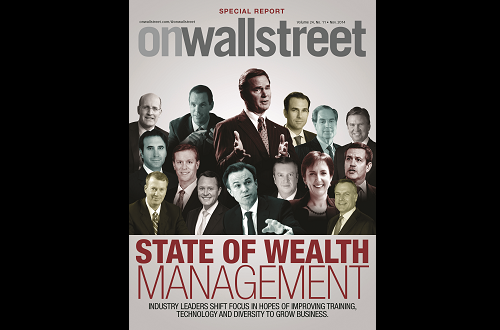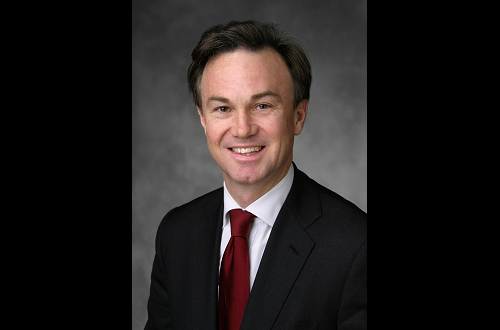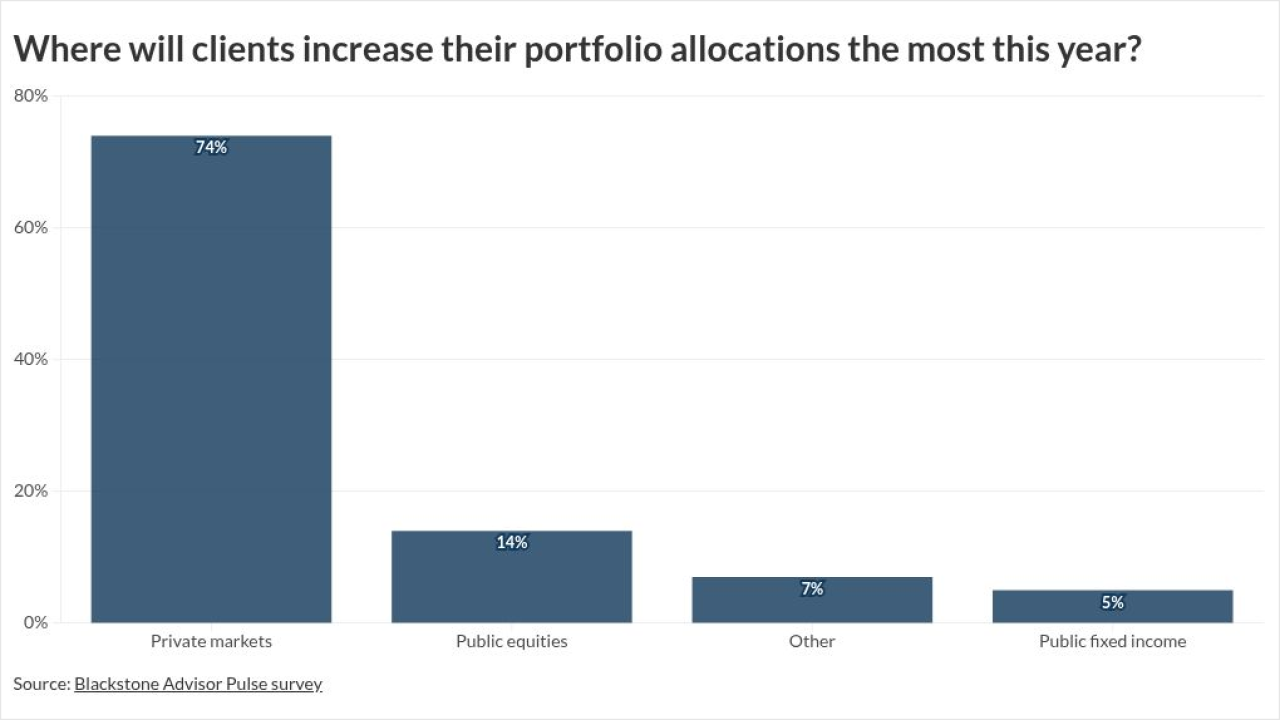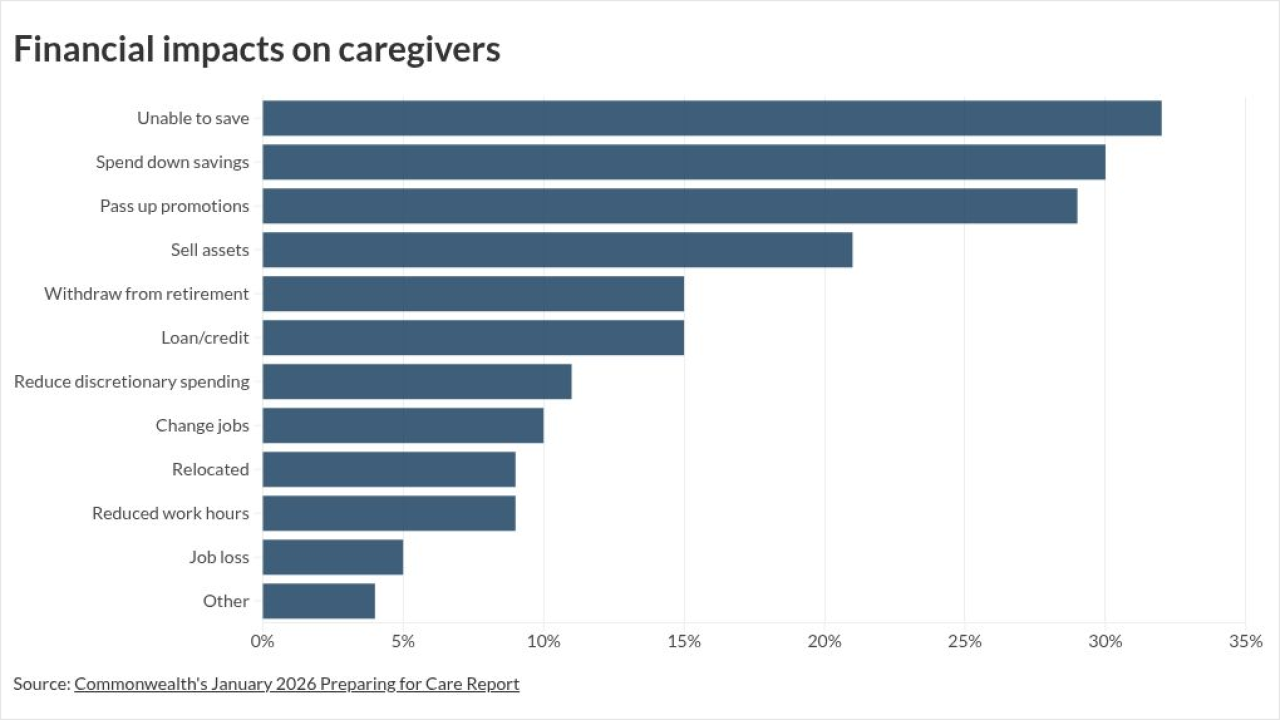
State of Wealth Management
Here are some of the key comments executives said as part of On Wall Street's special report on the state of wealth management, which focused on the most pressing issues facing the industry.

Reflecting a More Diverse World
"We live in a diverse world. I think if your workforce does not represent that broader population, then you are out of sync with where the world is. It’s just good business sense to better represent that, and it’s also the right thing to do," he says.
"I’ve always tried to create an environment where a person could succeed based on the value that they brought — not their color or gender or sexual orientation. It’s about the value they create as an employee. If you can reflect that and demonstrate that in the people you hire and promote, then you’re sending a powerful signal that you are a company that values that."

Getting Focused
"We are very focused on increasing the number of female advisors we have, and increasing the ranks of female managers to reflect the role women are playing," he says.
"Given the number and quality of women we can bring into the organization, and given that women make good financial advisors, we’re going to make a difference over the next five years. Our business will evolve to reflect the society we’re working in. But part of that for me and the leadership team is making it clear that this is a priority."

'A Greater Sense of Urgency'
"The percentage of women advisors is significantly less than the percentage of women clients, and the percentage of visible minority advisors is far smaller than the percentage of minority clients," Taft says.
"But there is a greater sense of urgency than I’ve ever seen before. Our firm is very focused on recruiting women and minority advisors and managers because there is no question our client base is becoming more diverse."

Raising Awareness and Reaching Out
"How do we partner with institutions of higher learning that are focused on educational processes for people who may be inclined to do this; how do we think about skills differently? And how do we leverage our own advisors who can be some of the most compelling advocates for this business? So we have women who are financial advisors with us who are incredibly energized about the opportunity to tell those stories, either for career changers or for individuals who are entering the workforce."





